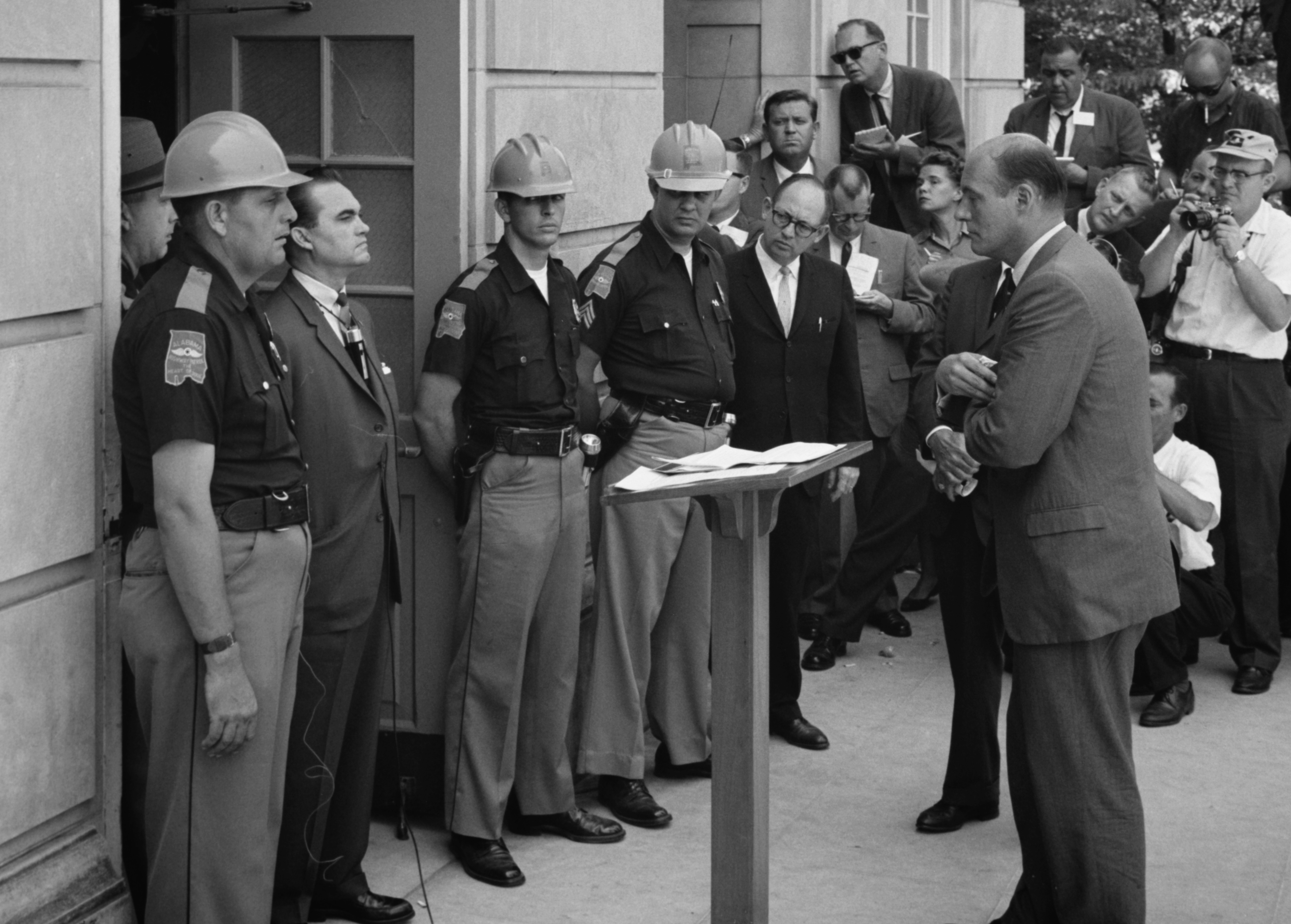How I think to do it
Step 1. Look for identifying traits to see who's in the cartoon, i.e. Trump's hair
Step 2. Look for symbols that could possibly stand for something
Step 3. Check for sarcasm or something similar
How Loc.gov says to analyze political cartoons
It says to look for symbols, exaggerations in physical characteristics, irony, labeling, and analogies.
I basically had the same thing as LOC.gov besides labeling and analogies, so after reviewing this guide I will continue to look at cartoons the same as I always have, but look for labeling and analogies
Examples of political cartoons:
 |
| Cuban Conflict |
This cartoon about the Phillipine conflict shows how America despite the best effors of the Phillipines have literally put their foot down and will not be moving any time soon, even though they are not wanted.
This cartoon shows a Hawaiian native holding hands with a Cuban native, embracing the new thought of becoming independent as shown in the bottom text but really they're just being turned over from one nation to becoming American as shown by the flags that they are carrying.







